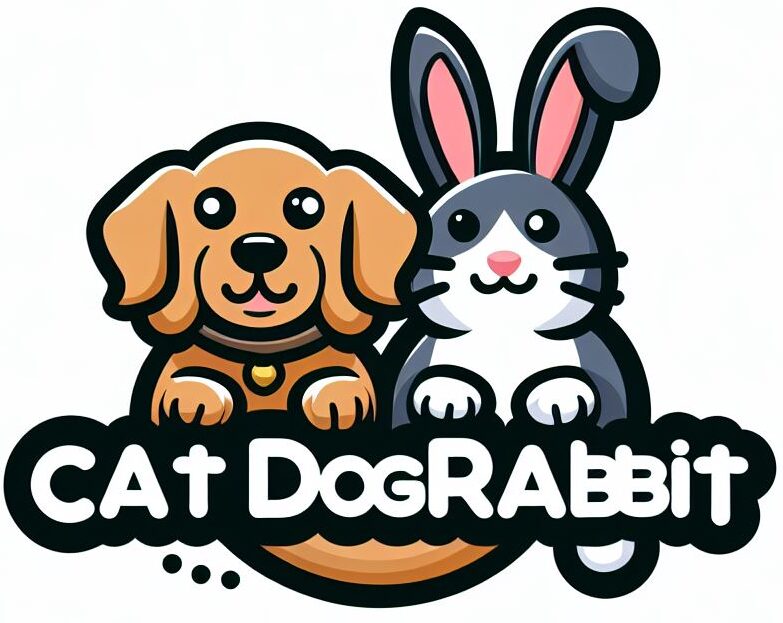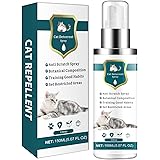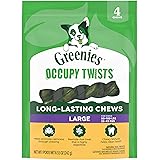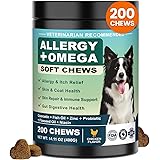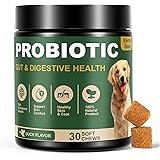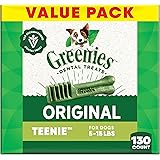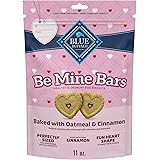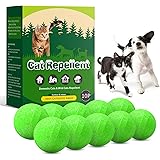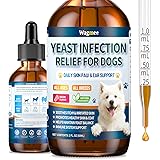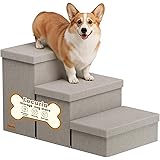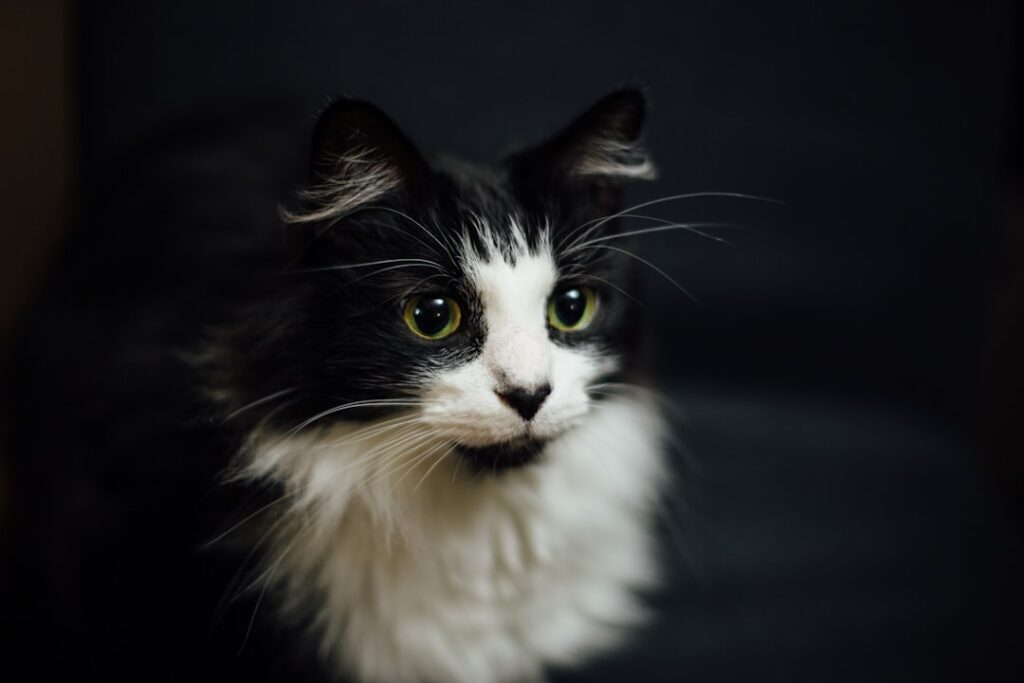
Greenies Pill Pockets for Dogs Large Size, Dog Treat Pouch for Capsule Medication, Peanut Butter Flavor, 15.8 oz. Pouch
$15.99 (as of 02/08/2026 14:07 GMT +00:00 - More infoProduct prices and availability are accurate as of the date/time indicated and are subject to change. Any price and availability information displayed on [relevant Amazon Site(s), as applicable] at the time of purchase will apply to the purchase of this product.)EHEYCIGA Orthopedic Dog Beds for Extra Large Dogs 44x32Inch, Waterproof Memory Foam XL Pet Bed with Sides, Non-Slip and Egg-Crate Foam Big Dog Couch Bed with Washable Removable Cover, Grey
$29.99 (as of 02/08/2026 14:12 GMT +00:00 - More infoProduct prices and availability are accurate as of the date/time indicated and are subject to change. Any price and availability information displayed on [relevant Amazon Site(s), as applicable] at the time of purchase will apply to the purchase of this product.)Purina ONE Dry Dog Food Lamb and Rice Formula - 31.1 lb. Bag
$48.98 (as of 02/08/2026 14:07 GMT +00:00 - More infoProduct prices and availability are accurate as of the date/time indicated and are subject to change. Any price and availability information displayed on [relevant Amazon Site(s), as applicable] at the time of purchase will apply to the purchase of this product.)Regalo Safety 38" Baby Gate for Doorways & Bottom of Stairs, Pressure Mount Design for Babies, Toddlers & Pets, Tested & Safe for 30 Years, American Designed, American Owned, White
$31.02 (as of 02/08/2026 14:12 GMT +00:00 - More infoProduct prices and availability are accurate as of the date/time indicated and are subject to change. Any price and availability information displayed on [relevant Amazon Site(s), as applicable] at the time of purchase will apply to the purchase of this product.)LONPAL Advanced Cat Deterrent Spray
$18.99 (as of 02/08/2026 14:07 GMT +00:00 - More infoProduct prices and availability are accurate as of the date/time indicated and are subject to change. Any price and availability information displayed on [relevant Amazon Site(s), as applicable] at the time of purchase will apply to the purchase of this product.)Greenies Occupy Twists Natural Dog Treats Large Breed Size Dog Chews Long Lasting Chicken Flavor, 8.55 oz. Pack, 4 Count
$10.51 (as of 02/08/2026 14:07 GMT +00:00 - More infoProduct prices and availability are accurate as of the date/time indicated and are subject to change. Any price and availability information displayed on [relevant Amazon Site(s), as applicable] at the time of purchase will apply to the purchase of this product.)Dog Allergy Chews Omega 3 is Human Multivitamin Itch Relief Medicine for Dogs Itching Skin Relief and Aller Immune Pet Allergy Dog Anti Itch Chews Coat Licking Supplements Pills Meds Medicine for Dogs
$25.99 (as of 02/08/2026 14:07 GMT +00:00 - More infoProduct prices and availability are accurate as of the date/time indicated and are subject to change. Any price and availability information displayed on [relevant Amazon Site(s), as applicable] at the time of purchase will apply to the purchase of this product.)Probiotics for Dogs - Dog Probiotics for Yeast, Itchy Skin and Itchy Ears, Digestive Health, Diarrhea Relief, Gut & Immune Support - with 7 Enzymes, 3 Prebiotics & Omega-3 (Duck 30ct)
$9.99 (as of 02/08/2026 14:07 GMT +00:00 - More infoProduct prices and availability are accurate as of the date/time indicated and are subject to change. Any price and availability information displayed on [relevant Amazon Site(s), as applicable] at the time of purchase will apply to the purchase of this product.)Amazon Echo Show 5 (newest model), Smart display, Designed for Alexa+, 2x the bass and clearer sound, Charcoal
$89.99 (as of 02/08/2026 14:12 GMT +00:00 - More infoProduct prices and availability are accurate as of the date/time indicated and are subject to change. Any price and availability information displayed on [relevant Amazon Site(s), as applicable] at the time of purchase will apply to the purchase of this product.)In recent years, there has been a growing trend of pet owners seeking alternative food options for their cats. One such alternative that has gained popularity is goat milk. Goat milk is not only a delicious treat for cats, but it also offers numerous health benefits. This article will explore the benefits of goat milk for cats, its nutritional value, how to introduce it to your cat’s diet, and much more.
Key Takeaways
- Goat milk is a feline-friendly alternative to cow milk.
- Goat milk is beneficial for cats as it aids in digestion, boosts immunity, and promotes healthy skin and coat.
- Goat milk is rich in nutrients such as protein, calcium, and vitamins A and D.
- Introduce goat milk to your cat gradually and choose a high-quality, unpasteurized brand.
- Goat milk is a better option for cats than cow milk as it is easier to digest and less likely to cause allergies.
Benefits of Goat Milk for Cats
Goat milk offers several benefits for cats. One of the main advantages is improved digestion. Many cats suffer from digestive issues such as diarrhea or constipation, and goat milk can help alleviate these problems. Goat milk contains natural enzymes that aid in the digestion process, making it easier for cats to absorb nutrients from their food.
Additionally, goat milk is known to support a healthy immune system in cats. It contains high levels of vitamins A and C, as well as selenium and zinc, which are essential for a strong immune system. These nutrients help protect cats against common illnesses and infections.
Scientific studies have also shown that goat milk can help reduce inflammation in cats. Inflammation is often the underlying cause of many health issues in cats, including allergies and arthritis. The anti-inflammatory properties of goat milk can help alleviate these symptoms and improve overall health.
Nutritional Value of Goat Milk for Cats
Goat milk is packed with essential nutrients that are beneficial for cats. It is rich in protein, which is crucial for muscle development and repair. It also contains healthy fats that provide energy and support a shiny coat and healthy skin.
Compared to cow milk, goat milk is lower in lactose, making it easier for cats to digest. Many cats are lactose intolerant, meaning they lack the enzyme lactase needed to break down lactose. This can lead to digestive upset when consuming cow milk. Goat milk, on the other hand, contains less lactose and is often better tolerated by cats.
Goat milk is also a good source of vitamins and minerals. It contains vitamins A, B2, and D, as well as calcium, phosphorus, and potassium. These nutrients are essential for maintaining overall health and wellbeing in cats.
How to Introduce Goat Milk to Your Cat
| Metrics | Values |
|---|---|
| Recommended serving size | 1-2 tablespoons per day |
| Protein content | 3.56 grams per 100 ml |
| Fat content | 4.14 grams per 100 ml |
| Calcium content | 134 milligrams per 100 ml |
| Vitamin A content | 496 IU per 100 ml |
| Vitamin C content | 1.8 milligrams per 100 ml |
| Benefits | May improve digestion, boost immune system, and promote healthy skin and coat |
| Precautions | Consult with a veterinarian before introducing goat milk to your cat, especially if they have a history of digestive issues or allergies |
When introducing goat milk to your cat’s diet, it is important to do so gradually. Start by mixing a small amount of goat milk with your cat’s regular food. Monitor your cat’s reaction and gradually increase the amount of goat milk over time.
It is also important to choose a high-quality goat milk that is specifically formulated for cats. Look for brands that use organic or pasture-raised goats and avoid those that contain additives or preservatives.
To make the transition as smooth as possible, you can also try warming the goat milk slightly before serving it to your cat. Cats are more likely to accept warm food, and this can help entice them to try the new addition to their diet.
Tips for Choosing the Right Goat Milk for Your Cat
When choosing goat milk for your cat, it is important to consider the quality and source of the milk. Look for brands that use fresh, raw goat milk from reputable sources. Avoid products that contain additives or preservatives, as these can be harmful to cats.
It is also important to choose a goat milk that is specifically formulated for cats. Some brands offer goat milk specifically designed for feline consumption, which may contain additional nutrients that are beneficial for cats.
If possible, opt for organic or pasture-raised goat milk. These options ensure that the goats are raised in a natural and humane environment, which can have a positive impact on the quality of the milk.
Goat Milk vs Cow Milk: Which is Better for Cats?

While both goat milk and cow milk can be consumed by cats, goat milk is generally considered a better option. As mentioned earlier, goat milk is lower in lactose, making it easier for cats to digest. Many cats are lactose intolerant and may experience digestive upset when consuming cow milk.
Goat milk also contains higher levels of essential nutrients such as vitamins A and C, as well as selenium and zinc. These nutrients are important for a healthy immune system and overall wellbeing in cats.
Additionally, goat milk has a different protein structure compared to cow milk, which can make it less allergenic for cats. Some cats may be allergic to cow milk proteins, leading to symptoms such as skin rashes or gastrointestinal issues. Goat milk is often better tolerated by cats with food allergies or sensitivities.
Can Cats Be Allergic to Goat Milk?
While goat milk is generally well-tolerated by cats, there is still a possibility of allergic reactions. Some cats may be allergic to proteins found in goat milk, leading to symptoms such as itching, vomiting, or diarrhea.
If you suspect that your cat may be allergic to goat milk, it is important to consult with your veterinarian. They can help determine the cause of the allergic reaction and provide guidance on how to manage it.
If your cat does have an allergy to goat milk, there are alternative options available. Your veterinarian may recommend trying a different type of milk or exploring other dietary options that meet your cat’s nutritional needs.
Goat Milk Recipes for Cats
If you’re looking to incorporate goat milk into your cat’s diet in a more creative way, there are several simple and healthy recipes you can try at home.
One option is to make a goat milk smoothie for your cat. Blend together a small amount of goat milk with some fresh fruits or vegetables that are safe for cats, such as blueberries or pumpkin. This can be served as a treat or mixed with your cat’s regular food.
Another recipe idea is to make goat milk ice cubes. Pour goat milk into an ice cube tray and freeze it. These frozen treats can be given to your cat on hot days or as a special reward.
Frequently Asked Questions about Goat Milk for Cats
1. How much goat milk should I feed my cat?
The amount of goat milk to feed your cat will depend on their size, age, and overall health. It is best to consult with your veterinarian to determine the appropriate serving size for your cat.
2. How often should I give my cat goat milk?
Goat milk can be given to cats as a treat or mixed with their regular food. The frequency will depend on your cat’s individual needs and preferences. Some cats may enjoy goat milk daily, while others may only have it occasionally.
3. Can kittens drink goat milk?
Yes, kittens can drink goat milk. In fact, goat milk is often recommended as a substitute for mother’s milk if it is not available. However, it is important to consult with your veterinarian to ensure that the goat milk is appropriate for your kitten’s age and nutritional needs.
Why Goat Milk is a Great Option for Your Feline Friend
In conclusion, goat milk offers numerous benefits for cats and can be a great addition to their diet. It provides improved digestion, immune system support, and reduced inflammation. Goat milk is also packed with essential nutrients that are beneficial for cats’ overall health and wellbeing.
When introducing goat milk to your cat’s diet, it is important to do so gradually and choose a high-quality product specifically formulated for cats. It is also important to monitor your cat’s reaction and consult with your veterinarian if you suspect any allergies or sensitivities.
By considering the benefits of goat milk and following the proper guidelines, you can provide your feline friend with a delicious and nutritious alternative to traditional cat food.
FAQs
What is goat milk?
Goat milk is the milk produced by goats. It is a nutritious and healthy alternative to cow’s milk.
Is goat milk safe for cats?
Yes, goat milk is safe for cats to consume. In fact, it can provide many health benefits for cats.
What are the benefits of goat milk for cats?
Goat milk is rich in nutrients such as vitamins, minerals, and protein. It can help improve digestion, boost the immune system, and promote healthy skin and coat in cats.
Can all cats drink goat milk?
Most cats can drink goat milk without any issues. However, cats with lactose intolerance or dairy allergies should avoid consuming goat milk.
How much goat milk should I give my cat?
It is recommended to give small amounts of goat milk to cats as a treat or supplement to their regular diet. A few tablespoons per day is sufficient for most cats.
Where can I buy goat milk for cats?
Goat milk for cats can be found at pet stores, health food stores, and online retailers. It is important to choose a high-quality, organic goat milk that is free from additives and preservatives.
